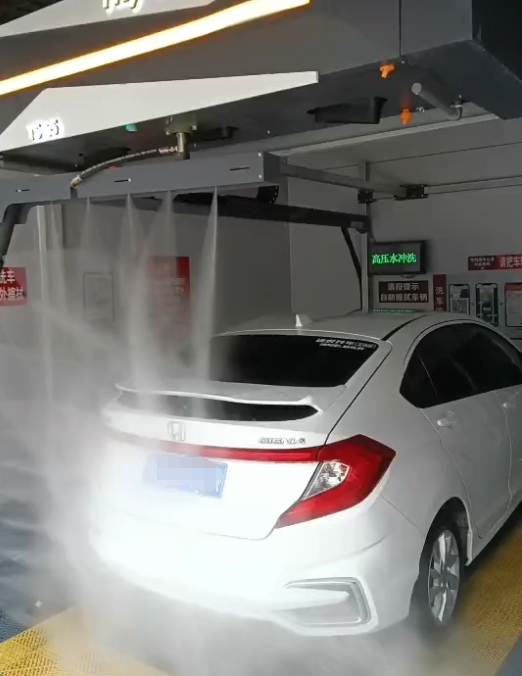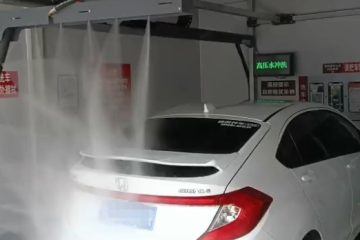The Philippines, a nation of car enthusiasts, boasts a thriving auto car wash industry. This sector is not just a matter of keeping vehicles clean; it’s a burgeoning market with diverse players, evolving consumer preferences, and a bright future.
A Glimpse into the Numbers:
While precise data on the Philippine car wash market is scarce, several indicators point to its significant size and growth potential.
Car Ownership: The Philippines has a steadily growing car ownership rate, reaching 2.4 million vehicles in 2022 , according to the Philippine Statistics Authority. This translates to a substantial demand for car wash services.

Urbanization and Traffic: The rapid urbanization and congested traffic in cities like Manila, Cebu, and Davao create a strong need for regular car cleaning.
Evolving Consumer Preferences: Filipinos are increasingly prioritizing convenience, quality, and specialized services, leading to a rise in demand for premium car washes, detailing packages, and eco-friendly options.
The automated car washes, offering a quick and efficient way to clean vehicles, have gained popularity across the archipelago, catering to busy Filipinos who value convenience and hassle-free car maintenance.
Convenience is Key: The biggest draw of automated car washes is their time-saving nature. Compared to traditional hand washes, these facilities streamline the cleaning process, minimizing the time spent waiting and maximizing efficiency. This is particularly appealing to Filipinos with busy schedules, allowing them to reclaim precious time for other pursuits.
Technology at the Forefront: Automated car washes utilize advanced technologies, such as high-pressure water jets, specialized cleaning solutions, and automated brushes, to deliver a thorough and consistent clean. This technological advancement ensures a more hygienic and effective car wash experience, surpassing the limitations of manual cleaning.

A Growing Trend: The Philippines is witnessing a surge in the number of automated car washes opening across major cities and even in smaller towns. This indicates a growing awareness and appreciation for the benefits offered by these facilities. The trend is further fuelled by increasing vehicle ownership and the demand for faster and more efficient car care solutions.
Challenges and Opportunities: Despite the growing popularity, the development of automated car washes in the Philippines faces certain challenges. These include the need for consistent maintenance, proper training for operators, and ensuring the quality and eco-friendliness of cleaning solutions. However, these challenges also represent opportunities for innovation and improvement, paving the way for a more advanced and sustainable car wash industry in the country.
The rise of the automated car wash in the Philippines signifies a shift towards a more modern and convenient approach to car care. As technology continues to evolve, we can expect to see even more innovative and efficient car wash solutions emerging in the future, further enhancing the Filipino car ownership experience.
The Future is Bright, but Challenges Remain:
Despite the positive outlook, the Philippine auto car wash market faces challenges:
Intensifying Competition: The market is becoming increasingly crowded, demanding businesses to continuously innovate and adapt to remain competitive.
Environmental Concerns: The industry is under scrutiny regarding its environmental impact, prompting a shift towards eco-friendly solutions like water recycling and biodegradable cleaning products.
Economic Fluctuations: Economic downturns can impact consumer spending, potentially slowing down demand for non-essential services like car washes.
Looking Ahead:
The future of the Philippine auto car wash market holds immense potential. Businesses that prioritize:
Customer Focus: Delivering exceptional service, personalized solutions, and building strong customer relationships.
Technological Integration: Embracing online booking systems, digital marketing strategies, and adopting technological advancements to enhance efficiency.
Sustainability: Implementing eco-friendly practices, sourcing eco-friendly products, and engaging in responsible water management.




